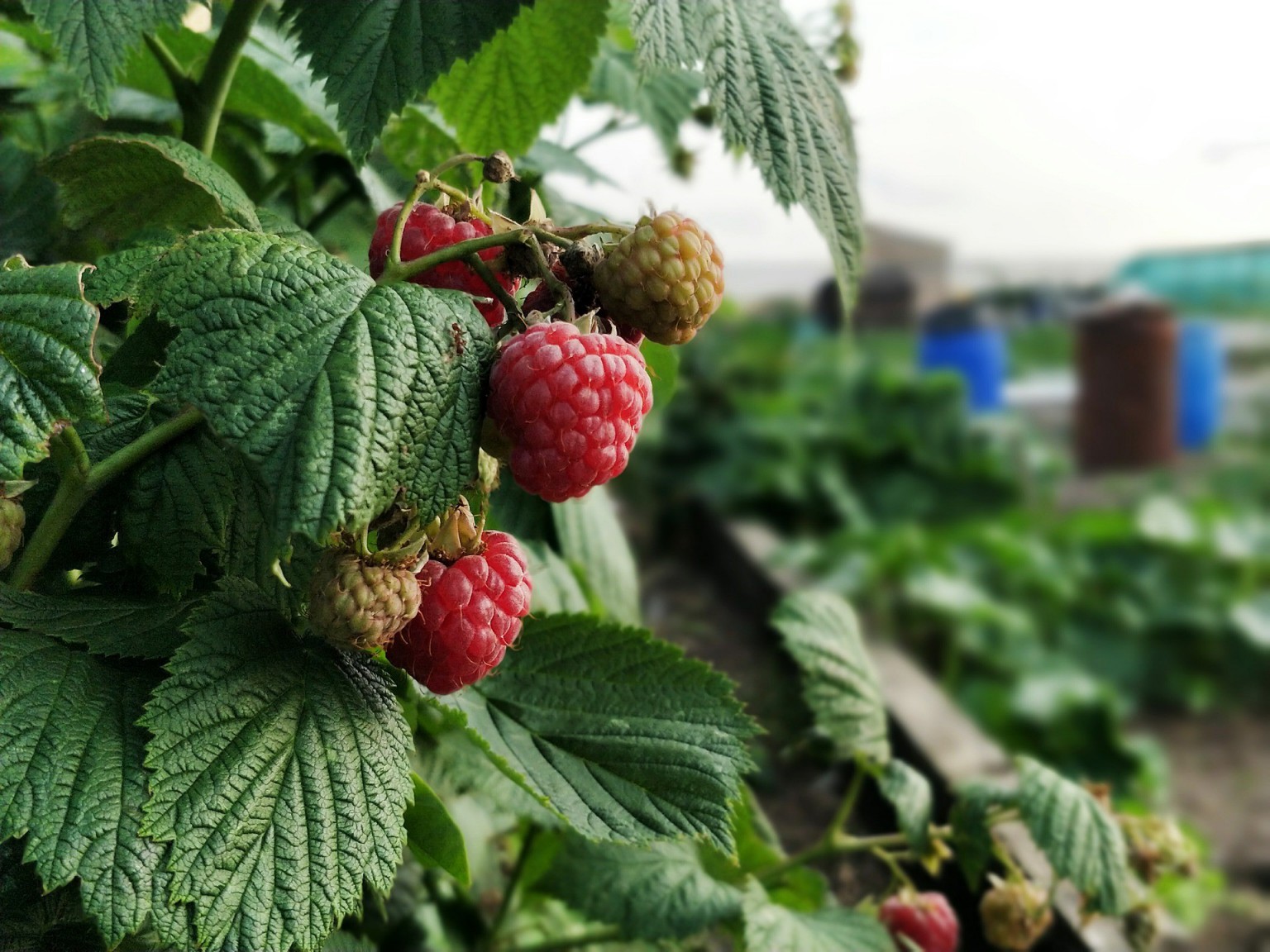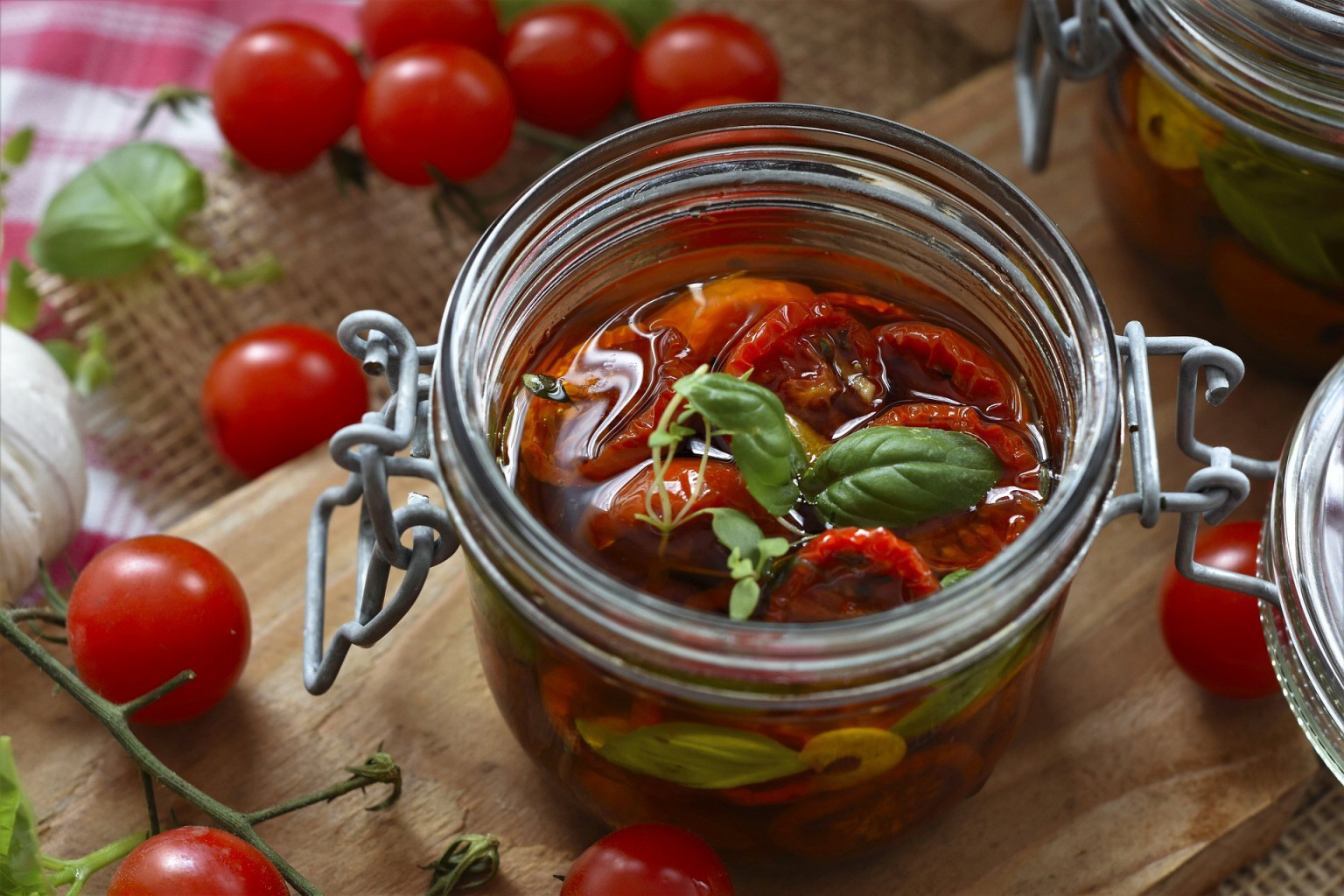Sustainability Tips – 10 Top Skills to Learn
Skill building is crucial for a more sustainable way of life. Skills are important tools that help us to gain knowledge and experience and build lives more in harmony with the natural world. There are, of course, a huge range of different skills. Many skills can stand you in good stead as you transition to a more sustainable, ethical and eco-friendly existence. But to help you set out in the right direction, here are 10 top skills to learn:
- 1. Food Production - Growing Your Own
- 2. Compost Creation
- 3. Rainwater Harvesting and Water Management
- 4. Foraging and Plant Identification
- 5. Cooking From Scratch
- 6. Food Preservation
- 7. Making Herbal Remedies
- 8. Making Natural Cleaning and Beauty Products
- 9. Sewing, Knitting, Crochet Etc.
- 10. Upcycling & DIY
We have selected these skills because they are key in achieving some of the main goals of a more sustainable way of life: greater self-reliance, effective use of resources, and waste reduction. Read on to learn a little more about getting started with each of these things.
1. Food Production - Growing Your Own

If you take just one step to boost your self-reliance, growing at least some of your own food is a great place to start. Even if you do not have a garden, there is potential to get growing. All you need is a sunny windowsill or other sunny spot inside your home.
Those new to growing their own often find the process of decision making overwhelming. There is indeed a lot to learn about sowing and growing. But getting started is easier than you think. If at first you don't succeed – try, try again. There is a lot of trial and error in gardening and no matter how much you read about it, you'll always learn best by actually giving it a go.
To learn this skill:
- Speak to other gardeners and home growers in your area.
- Read books, blogs and articles on the topic.
- But most importantly, get your hands dirty, and leap in. You'll learn from your mistakes and evolve your garden over time – gradually building your skills as you progress. Even when things don't go according to plan, you'll learn a lot along the way.
2. Compost Creation
When growing your own, it is important to understand that growing your own is not all about the plants. Sowing, tending and nurturing your edible crops is only ever a part of the picture. When starting a home garden, indoors or out, thinking long-term is crucial. So in addition to choosing and sowing seeds, or growing vegetables from scraps, you also have to make sure the basics are in place.
One key basic to get in place when growing your own for the first time is composting. Composting is all about completing nature's cycles, and returning nutrients to the system. There are a range of different ways to compost food scraps and other organic material.
Learning how to turn 'waste' into a valuable potting compost/ soil amendment is crucial to sustainable food production. But whether you grow your own or not, composting food waste is essential in moving towards a zero waste lifestyle. Learning how to make great compost then cannot only help you create a successful garden and maintain it long term. It can also help you reduce food waste and limit your negative impact on our planet.
3. Rainwater Harvesting and Water Management
When planning a food-producing garden, another key basic to get in place is rainwater harvesting. Harvesting rainfall is the first step in effective water management for your home and garden.
It is very important to make the most of the precious resource of fresh water, wherever you live and however much of it is available. Learning how to catch and store water on your property can give you a great foundation for an edible garden, and help you conserve water and use it wisely.
Learn how to collect rainwater from the roof of your home and other structures. And also how to catch and store water more effectively in plants and soil. The more you learn, and the better you understand the movement and properties of water, the stronger and more resilient your systems will be.
4. Foraging and Plant Identification
Growing your own is a great way to begin to meet more of your own basic needs. But there are other ways to make the most of the natural world around you. Another top skill to learn is foraging. Delving into this arena will allow you to make the most of the natural resources – on your own property and in the surrounding areas.
Learn a little about the edible plants that grow naturally in your area. Trees and hedgerow shrubs often provide a range of yields. Coastlines and woodlands can be full of untapped resources. Even common garden weeds can be very useful plants once you know how to identify and use them.
There is often a bounty of free, wild food around you. Understanding how to identify and use that bounty is another key step that can help you transition to a more sustainable way of life. And wild foraged plants, fungi etc. can also provide other non-edible yields.
5. Cooking From Scratch
Learning how to grow and forage at least some of your own food is definitely a step in the right direction. But you will find yourself somewhat stuck if you don't also develop the skills necessary to cook that food at home.
In the modern world, many have become reliant on convenience foods and pre-packaged and processed goods. We have lost some of the basic cooking skills that came naturally to our ancestors. If you are not someone who knows how to cook from scratch – this is another key skill to learn.
You don't need to be a gourmet cook. Simple home cooking is easy. This is another skill, like gardening, that you can build up slowly over time. Through a process of trial and error you can develop a range of simple recipes that allow you to make the most of fresh, wholesome, locally grown, seasonal food.
6. Food Preservation

In addition to learning how to cook, it is also important to learn how to preserve food. Whether you grow your own, forage wild foods, or buy from local, sustainable, ideally organic producers, learn how to store and preserve food to prevent food waste.
Learning the skills of freezing, canning, dehydration, fermentation etc. can definitely help you make the most of the food in your home. It can help you reduce food waste and live in a less harmful and more sustainable way. There is a lot to learn. But taking things one step at a time, you can create a well-stocked pantry or cold store and make sure you have the food you need all year round.
7. Making Herbal Remedies
Nature cannot only meet our nutritional needs. It can also sustain us in a wide range of other ways. For example, there are a great many plants that can help keep us healthy and strong. Learn more about the medicinal properties of plants in your garden and in the wider environment. Make your own herbal remedies.
Again, this is an arena where there is a lot to learn. But building skills in plant lore and herbal healing can stand you in good stead as you try to move away from harmful systems and transition to a more sustainable, ethical and eco-friendly way of life.
8. Making Natural Cleaning and Beauty Products
Plants can also provide us with many of the ingredients we need to keep our homes and ourselves clean. They can also help us swap out chemical, synthetic household cleaners and beauty products for more natural, sustainable alternatives. And to reduce plastic waste by reducing the packaged cleaning and beauty products we bring into our homes.
Learning soap making, how to distil and use essential oils, and other similar skills can let us go the extra mile and become more self-reliant beyond the kitchen.
9. Sewing, Knitting, Crochet Etc.
Another crucial area for skill building involves what we wear, and how we furnish our homes. Learning skills involving textiles makes it easier to clothe ourselves and make comfortable interiors without relying on harmful systems and products.
Learning basic sewing skills can help us mend our clothes and keep them for longer. This helps to reduce waste and avoid fast fashion. Sewing, knitting, crochet etc. can also help us avoid buying new, and help us work with simple, natural materials to make the things we need.
10. Upcycling & DIY
Upcycling old clothes with your new found sewing skills is just the beginning. There are also a huge range of other upcycling skills to learn. From repairing and restoring old furniture, to making use of waste materials to meet our needs rather than buying new... there are plenty of ways to do it yourself in and around your home. The more DIY projects you take on, the more skills you will learn, and the better equipped you will be to live a sustainable, self-reliant way of life.

 United States, EN (USD)
United States, EN (USD) Europe (EUR)
Europe (EUR) Netherlands (EUR)
Netherlands (EUR) France (EUR)
France (EUR) Spain (EUR)
Spain (EUR) United Kingdom (GBP)
United Kingdom (GBP)
